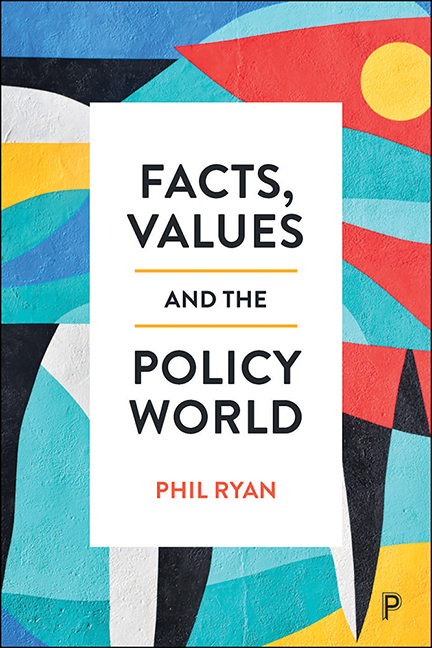Conclusion
Published online by Cambridge University Press: 15 September 2022
Summary
In the Introduction, I acknowledged that the binary view is a ‘half-belief ‘: no one can fully endorse it, because no one can truly live by it. But I also argued that it is an extremely influential half-belief. Throughout this work, I have avoided claims concerning just how prevalent is the binary view in today's policy world. Some readers may be frustrated by this caution, suspecting that I am trying to avoid committing myself (refusing to put forward a testable claim, a follower of Popper might say). But the policy world is simply too vast for a summary judgment. I hope, however, that individual readers will try to judge for themselves just how powerful is the binary view within the particular fragment of the policy world of which they have direct experience.
Still, if we review the effects of the binary view discussed in Part I, we can identify various elements that are influential throughout our culture as a whole, and within the policy world in particular. Starting specifically with the policy world: there is little question that it is deeply shaped by a dilemma rooted in the binary view. Policy analysis is about ‘what should be done’, and since that question always involves human values, any approach framed by the binary view will be seriously constrained in addressing it. As we saw in Chapter 2, this dilemma has led policy analysts on a quest for exogenous values. These might be found through summation strategies such as cost-benefit analysis. Alternatively, in some mysterious fashion, values will be found in the political process: ‘the political process has the responsibility of choosing values in a democracy’ (Robert and Zeckhauser, 2011, 638).
There have, of course, been strong reactions within policy theory against the whole premise that policy analysis must depend on exogenous values. But as we saw in Chapter 3, it is not so easy to escape the binary view: aspects of that view show up in approaches that appear hostile to it. Social constructionism, originally rooted in insights that help shape a non-binary approach, has often taken a strongly binary form among policy theorists, who argue that this or that value or idea with which they disagree is ‘socially constructed’, and leave the unfortunate impression that everything else is not.
- Type
- Chapter
- Information
- Facts, Values and the Policy World , pp. 127 - 132Publisher: Bristol University PressPrint publication year: 2022



